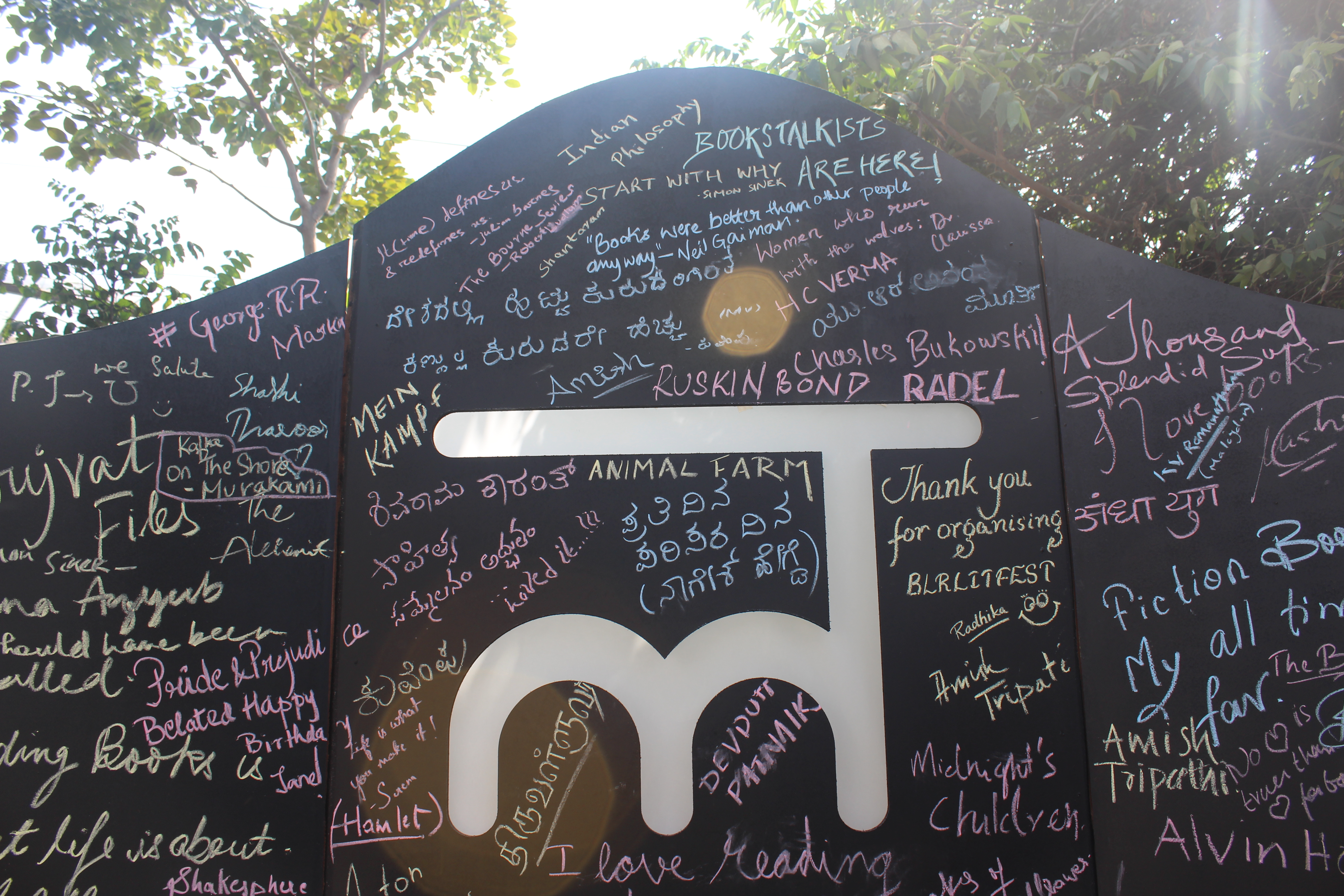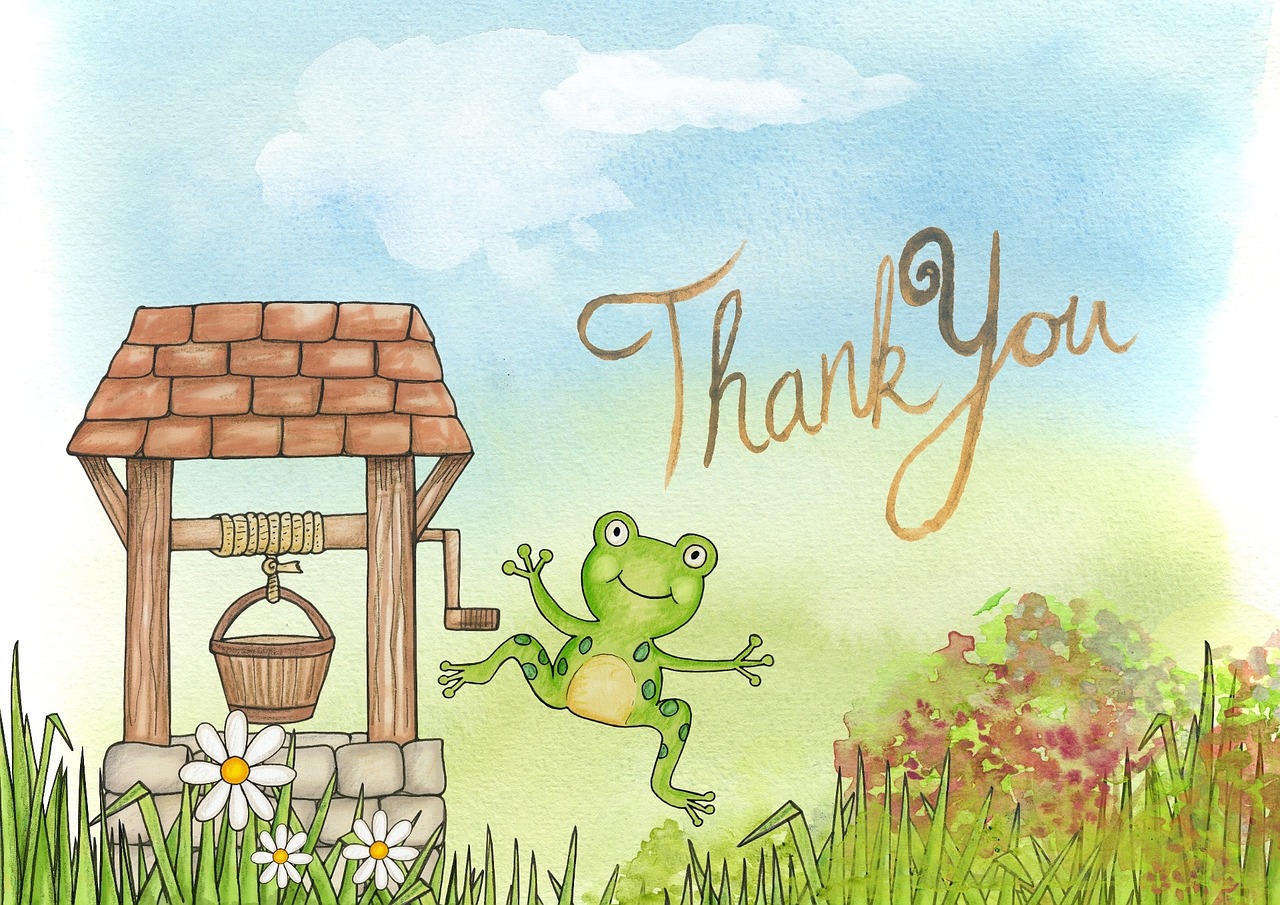BookStalkist attended the Bangalore Literature Festival held at the Royal Orchid Hotel. There were some hard choices to be made as at any point of time 3 sessions were running in parallel in different corners of the venue. We attended a few sessions and here is what we thought about them.
Having It All: The New Indian Girl – Sudha Murty in conversation with Chetan Bhagat.
This session was surprisingly good. Mrs. Sudha Murty is a brilliant conversationalist and Mr. Chetan Bhagat had a lot of new things to say. We only hoped he gets to know the real salary structure of Infosys employees and stops overestimating their lifestyle.
Courage and Commitment – Anuja Chauhan in conversation with Margaret Alva.
This was the session that stood out for us for the eloquence of Margaret Alva. She spoke her heart out on issues ranging from women empowerment to male dominance in Indian politics to the current problems of the Congress party. She had a few interesting stories to tell about our ex-Prime Minister PV Narsimha Rao as well as our current one – Mr. Narendra Modi.
Askew: A Short Biography of Bangalore – Naresh Narasimhan, Prakash Belawadi, Prof. KE Radhakrishna, and V. Ravichandar with Vasanthi Hariprakash.
This was nostalgia celebration fest where participants reminisced the good old days of Bangalore. While a lot of blame was put on the IT industry for the current chaos in the city, it was perhaps forgotten that each of the guests had come to the city from outside in the 1960s. When a point is made that the city was only enough for the population of 1980-82, one wonders what if somebody from the 1940s would say that the city was good enough only for the population of the 1950s. We wonder if there is any end to this debate. In the end, everyone is an immigrant to this planet.
The Theatre Of Demonetization – Narendar Pani, Sanjeev Sanyal, and Shiv Vishvanath with Mihir Sharma.
This was a case of one-upmanship – everyone trying to put the other one down. In this rather superfluous discussion on Demonetization, the moderator came out victorious with his fine sense of humor. So much disconnected were the guests from the topic that Shiv compared the whole initiative to a bad b grade movie(bad sarcasm) and the one speaking for it – Sanjeev, thought that 500 and 1000 ‘dollars’ were banned. This session was nothing more than an exhibition of self obsession.
Literature And The Democratic Imagination: A Discussion of UR Ananthamurthy’s Bara – Prashant Keshavmurthy, Saikat Majumdar, Shankar Ramaswami and Shiv Visvanathan with Chandan Gowda
This was an academic discussion on the story Bara. Written by UR Ananthamurthy in Kannada, the story has been translated to English by Chandan Gowda who played the moderator to the discussion. It started on an insipid note but went on to become one of the most academically intensive sessions. Speakers highlighted different aspects and devices of storytelling in the book. Saikat Majumdar and Shiv Vishwanathan were the highlights of the session. While Saikat stressed on the debate between two schools of philosophy – one which says that you can’t talk about pain unless you have been through it, and the other that says that you standing at a vantage point gives you better clarity of the situation. Shiv has a habit of putting his co-panelists down and he didn’t fail to do so here either. This is unfortunate since he makes very cogent points to put across his ideas. He stressed on why sometimes misreading a book was important and cited examples of students who thought the book was about the JNU controversy.
Mukhamukham: Face To Face With Adoor – Amrit Gangar in conversation with Adoor Gopalakrishnan
This was according to me an ill treatment of the guest. Amrit Gangar didn’t show any patience to listen to his answers. We believe that it is anyone’s good fortune to get a chance to speak with such legends. The host interrupted and cut Adoor short on more than one occasion. On the the other hand, the guest was an idol of grace, patience, and experience. There was a lot to learn from this session. The battle-hardened Adoor had a lot of stories to tell. One of them was how his crew used to spend all the money from one movie on another movie and in effect, never had any money to market the movies.
The Many Roles We Play – Ashok Chopra in conversation with Ashish Vidyarthi
We don’t want to write about this session. We admire Ashish as an actor but what we saw in the session was an attempt by an actor turned trainer marketing himself.
Standing On An Apple Box – Premila Paul in conversation with Aishwaryaa Rajnikanth Dhanush
We would lament the fact that most of the questions coming in to Aishwaryaa was about either her husband or her father. This, despite her having released her book – Standing On Apple Box.
What’s Cooking? The Future Of Indian Food – Antoine Lewis, Manu Chandra and Sanjeev Kapoor with Suresh Hinduja
A brilliant session where panelists discussed the millets movement, the myth of authentic recipe, recipe codification et al. Sanjeev Kapoor is a brilliant conversationalist and it was a treat to hear him speak.
Rajiv Gandhi: Chronicle Of A Death Foretold – Josy Joseph in conversation with Neena Gopal
This was one of the most interesting sessions of the festival where Neena Gopal kept the audience hooked with her insights into the Rajiv Gandhi assassination case. Neena Gopal happens to be the last person to interview Mr. Gandhi and has recently released her book The Assassination of Rajiv Gandhi on the subject. She argues that the assassination of Mr. Gandhi could have been prevented and there was complicity at every level. This was an intriguing session and people were their attentive best.
Unending Sea Of Stories – MS Sriram in conversation with S Diwakar
MS Sriram and S Diwakar, both are on our To Be Read list now. It was an informative session where guest and the host spoke about why they had taken to short stories, the devices used, and how short stories more often than not cater to societal issues.
India: Reclaiming Our Civilization’s Heritage – T. V. Mohandas Pai in conversation with Rajiv Malhotra
Mr. Rajiv Malhotra is star wherever he goes. That’s because he knows his subject well and doesn’t care about political correctness. This session stood out because TV Mohandas Pai has his own enticing style of making a conversation. They appeared more as a pair of batsmen on the pitch. Rajiv was taking the strike and Mr. Pai was standing on the non-striker’s end. They had a common enemy, the so called left liberal intelligentsia of the country. Anecdotes of Mr. Rajiv Malhotra being censored and uninvited because of his political incorrectness were amusing on one hand but also worrying on the other.
Anything But Khamosh! – Ajay Mago and Bharathi Pradhan in conversation with Shatrughan Sinha
Our first reaction was – Shatrughan Sinha! Why? Then we realized that his biography ‘Anything but Khamosh’ was recently released and the book’s author Bharathi Pradhan was one of the moderators. Although we could not figure out what value Shatrughan Sinha brought to a literature festival, one could not but agree that he is a thorough entertainer. His sense of humor, comic timings, the famous dialogues from his movies, the occasional shayaris and mimicry of yesteryear stars Ajit and Rajkumar kept the evening alive. Mr. Sinha deftly avoided controversial questions regarding his party, politics and Mr. Bachchan.
Raat Ke Musafir – Piyush Mishra in concert
One of the most awaited events and especially when you get to watch Piyush Mishra perform from the first row, you can barely hide your excitement. He was one of the most interactive guests in the festival and performed his songs one after the other. While the crowd kept chanting Husna, he insisted to wait and kept Husna for the end. He also read a few poems of his. The evening couldn’t have concluded better. The audio issues during his performance did seem to disturb his plane of thoughts but his first loyalty lied with the enthusiastic crowd and hence he picked himself up every time and went ahead with the performance.
The festival covered history, politics, geography, biography, popular fiction, erotica, food, travel, evangelism, human rights and a lot more. As much as one might appreciate the range of subjects chosen for discussion, one might also get disappointed with the choice of panelists for those subjects. Except for a few sessions like the ones of Margaret Alva with Anuja Chauhan, Rajiv Malhotra with Mohandas Pai and a couple of other sessions, most of them seemed superfluous. What the fest achieved in variety, it lost in depth. Sometimes the panelists were not impressive and at times the moderators couldn’t get the best out of even veterans like Adoor Gopalakrishnan.
One trouble that probably people faced predominantly was the unavailability of food and drinking water. Although there were food stalls, the prices were not reasonable and the options not very healthy given that there were children too at the venue. Despite certain inadequacies, the Bangalore Literature Festival was indeed a thorough celebration of literature and literature enthusiasts will always look forward to the event in the coming years as well.













